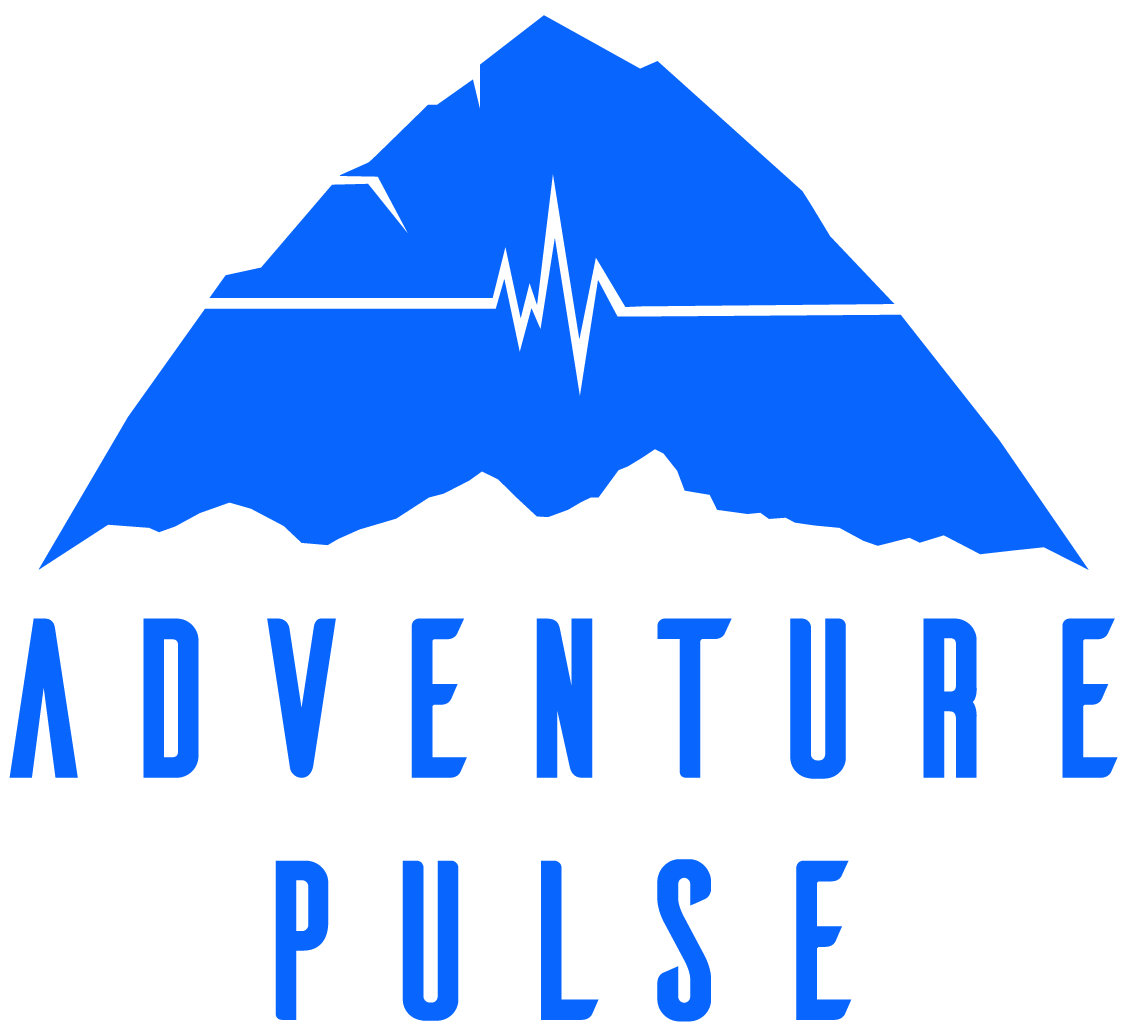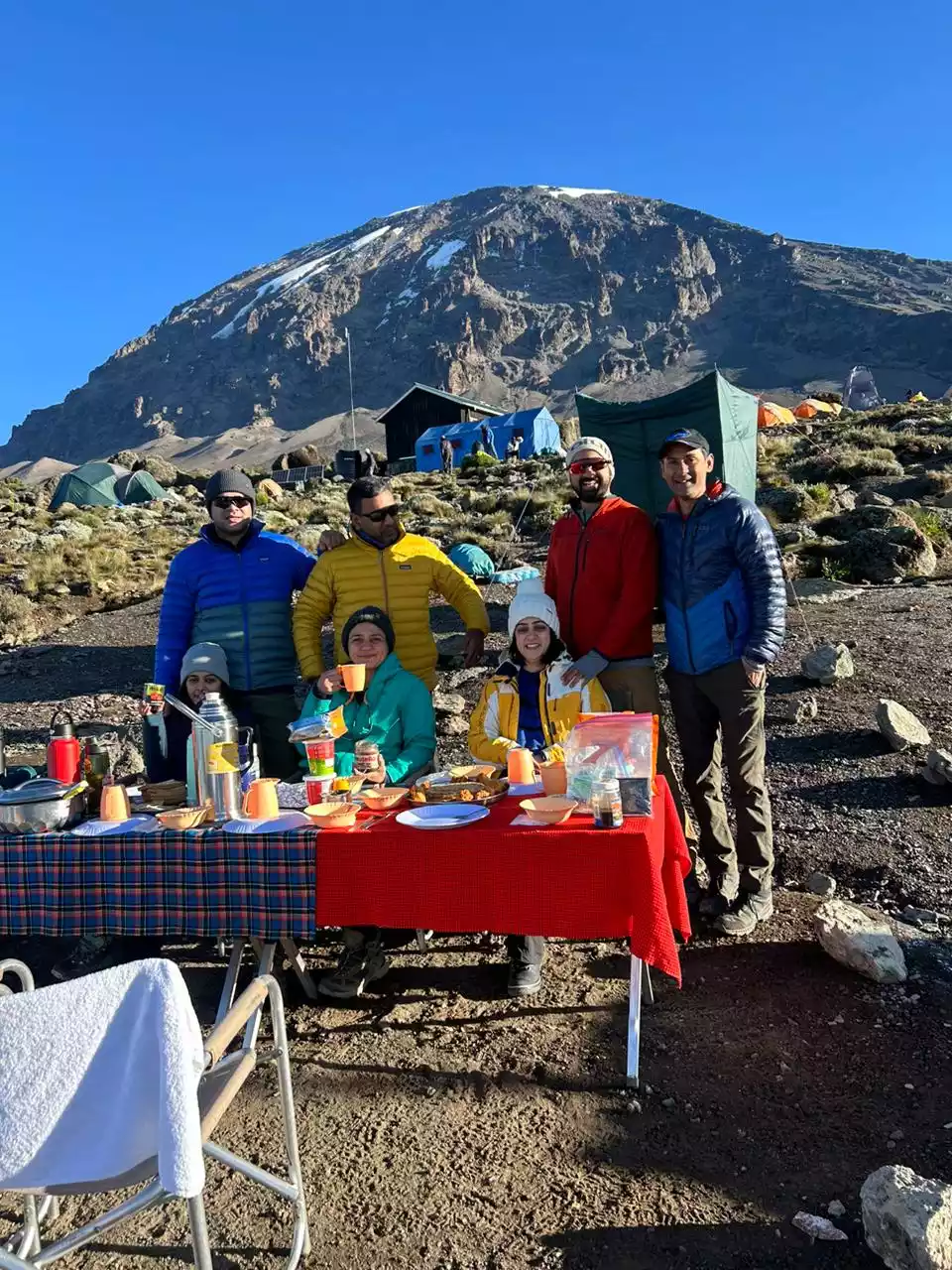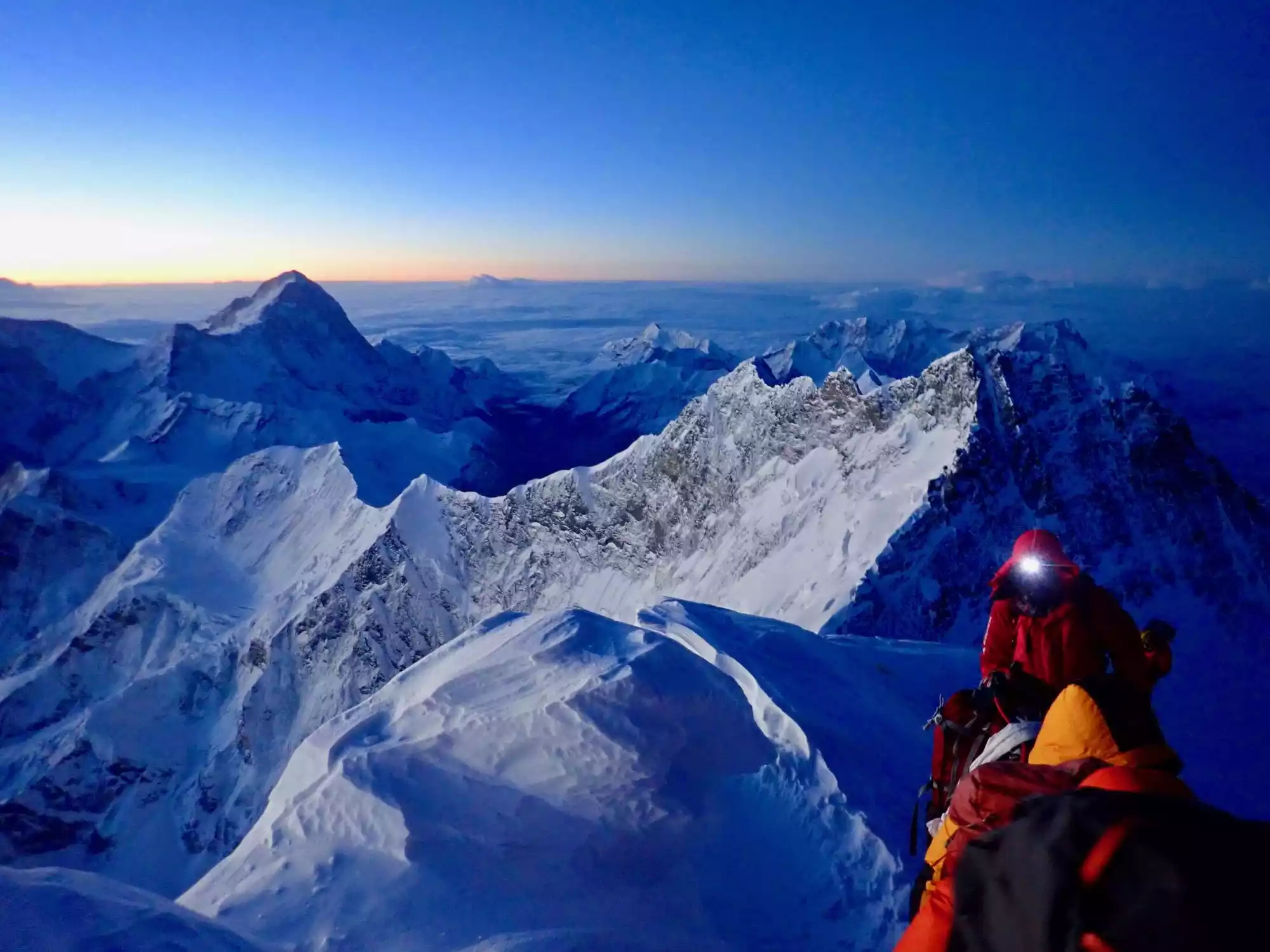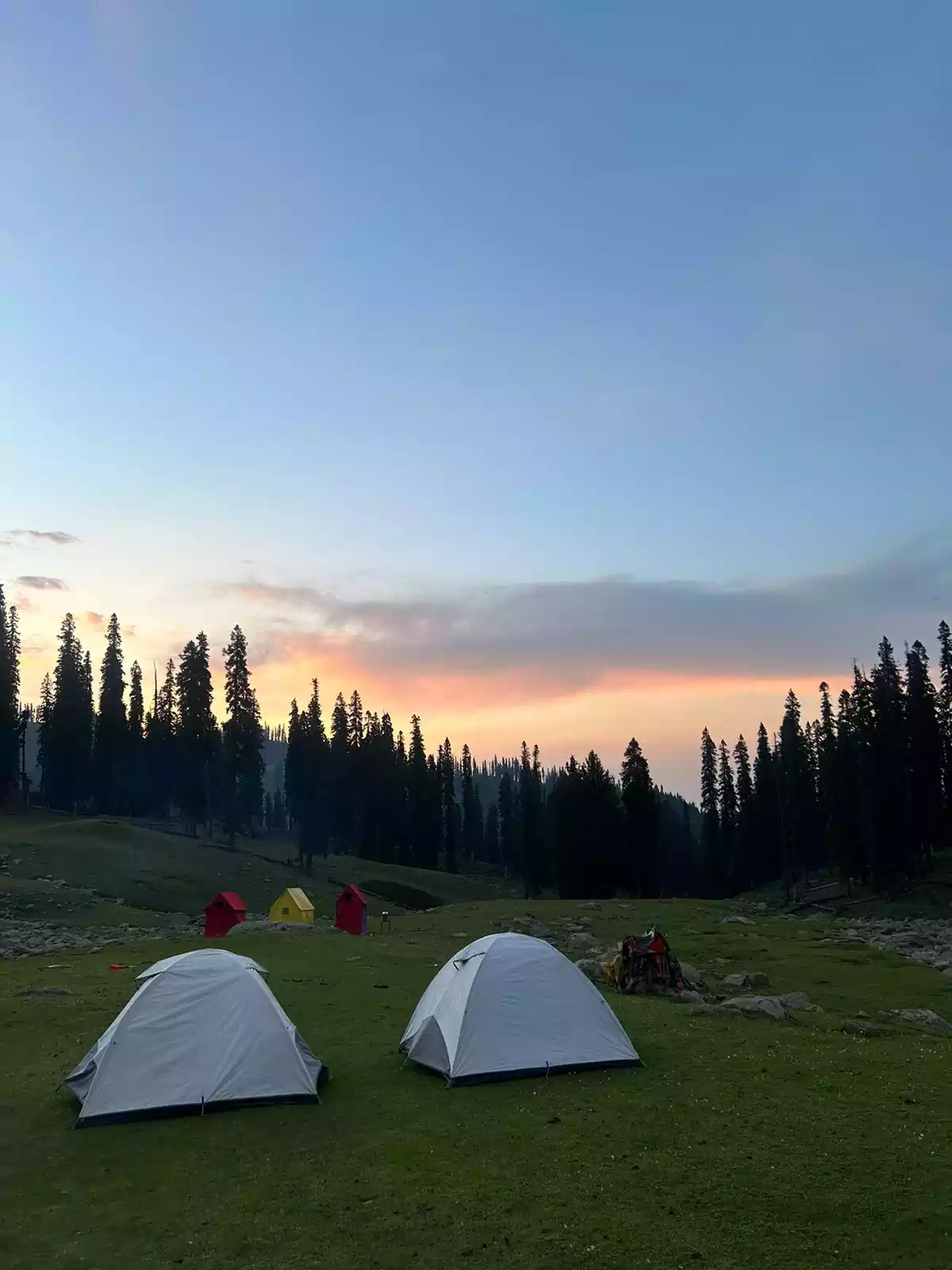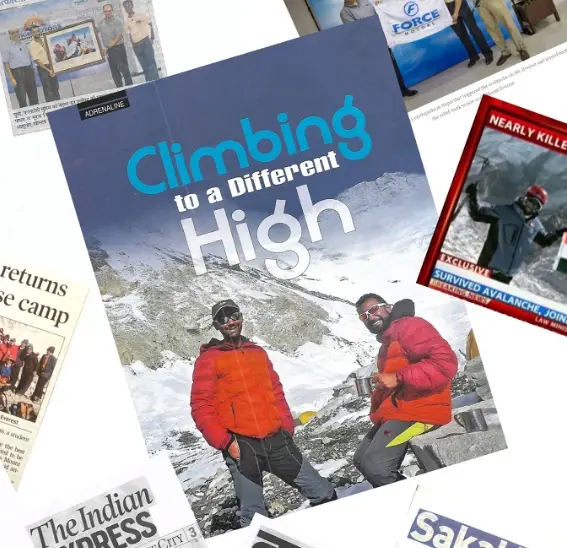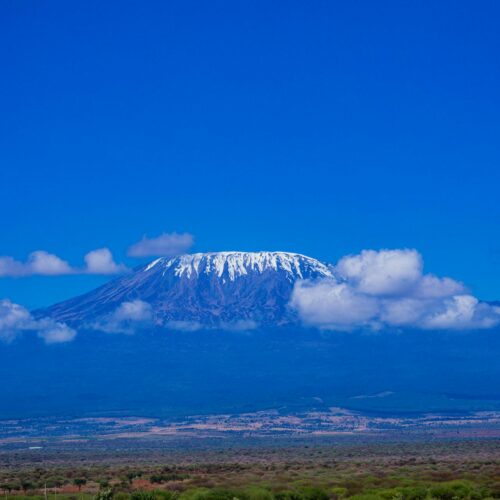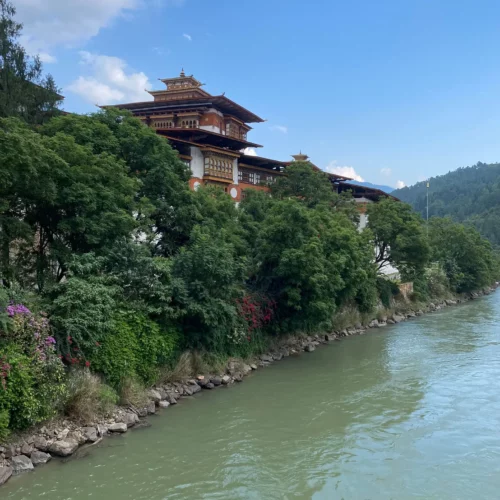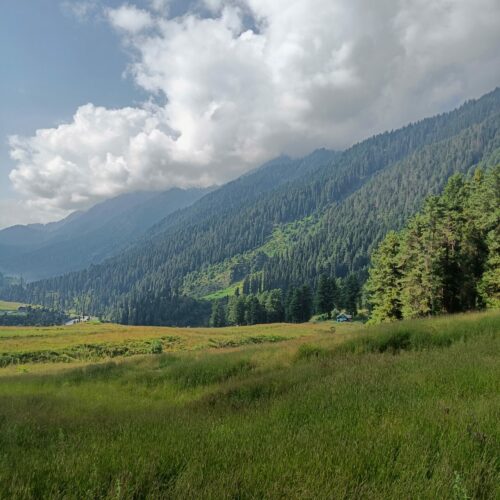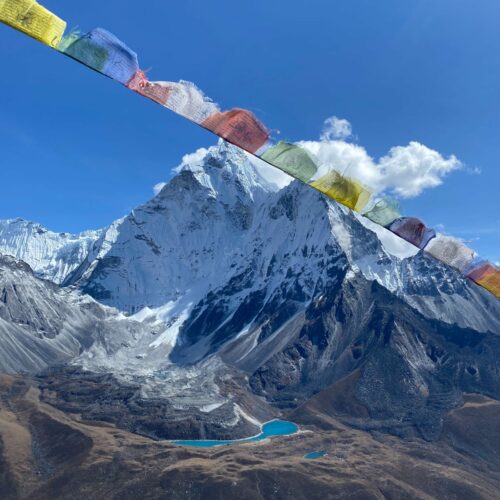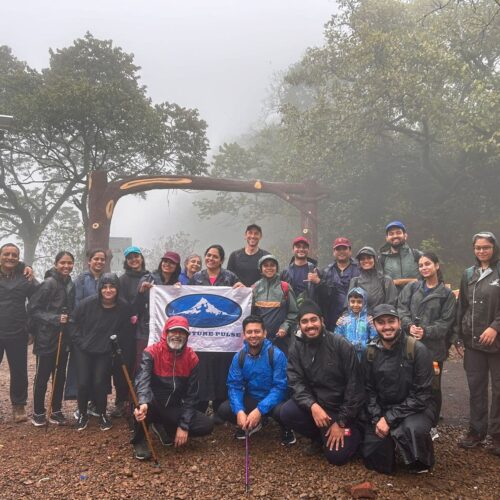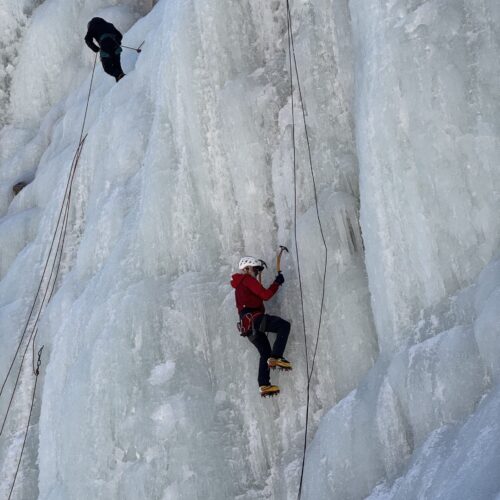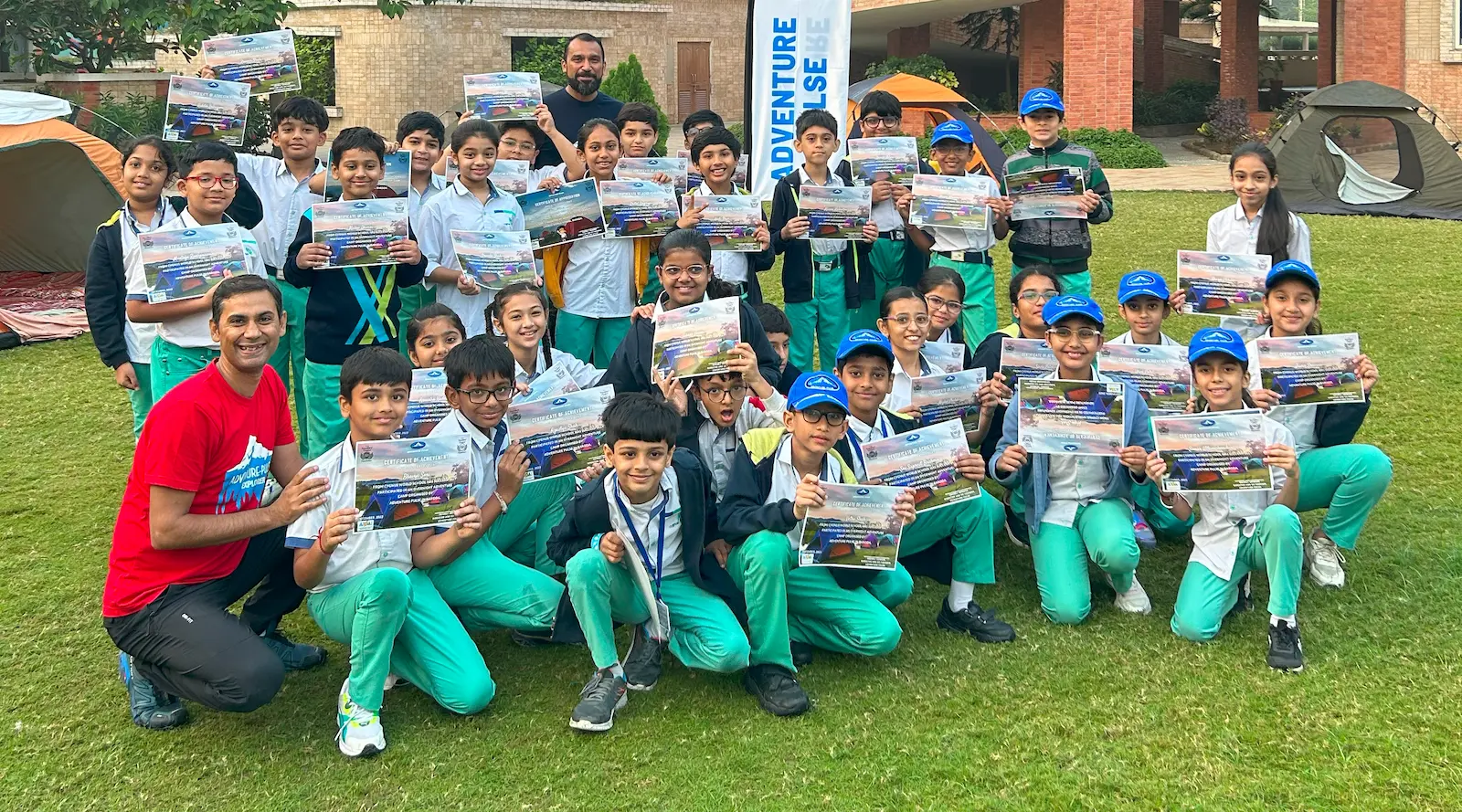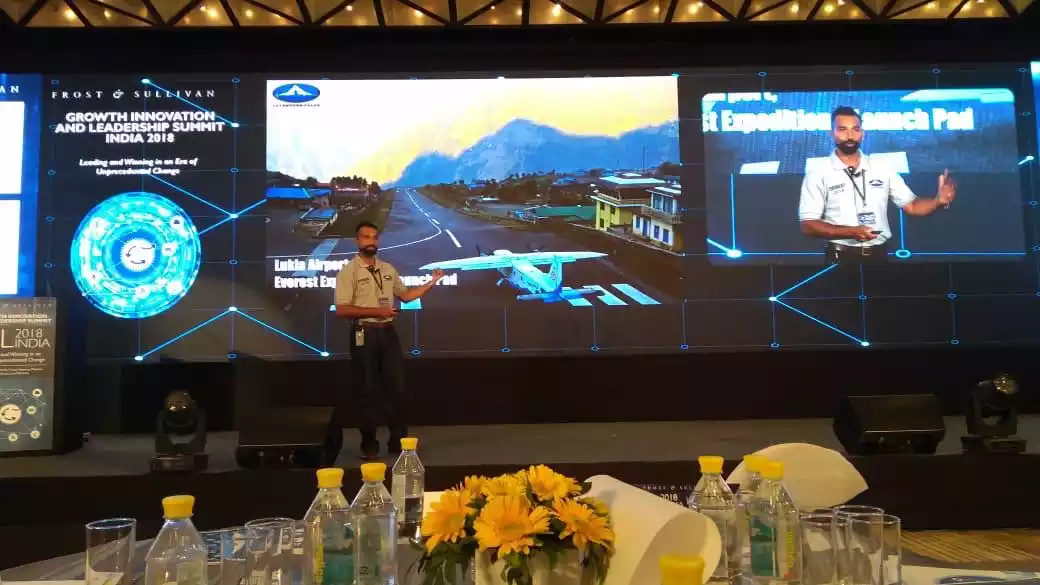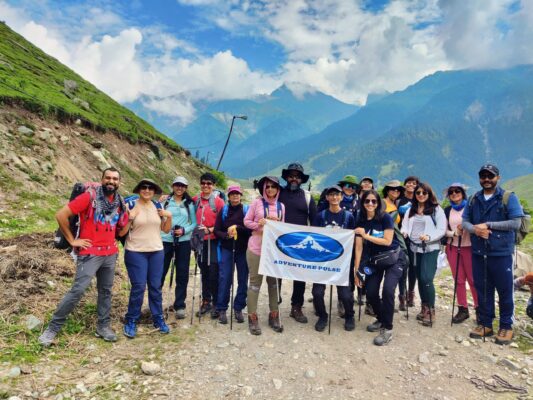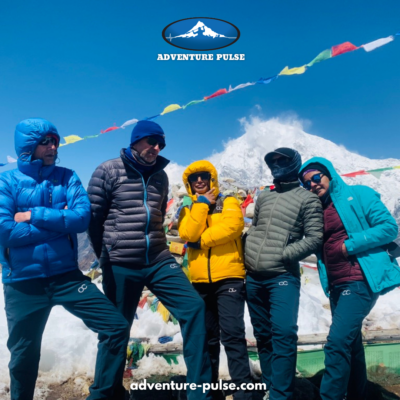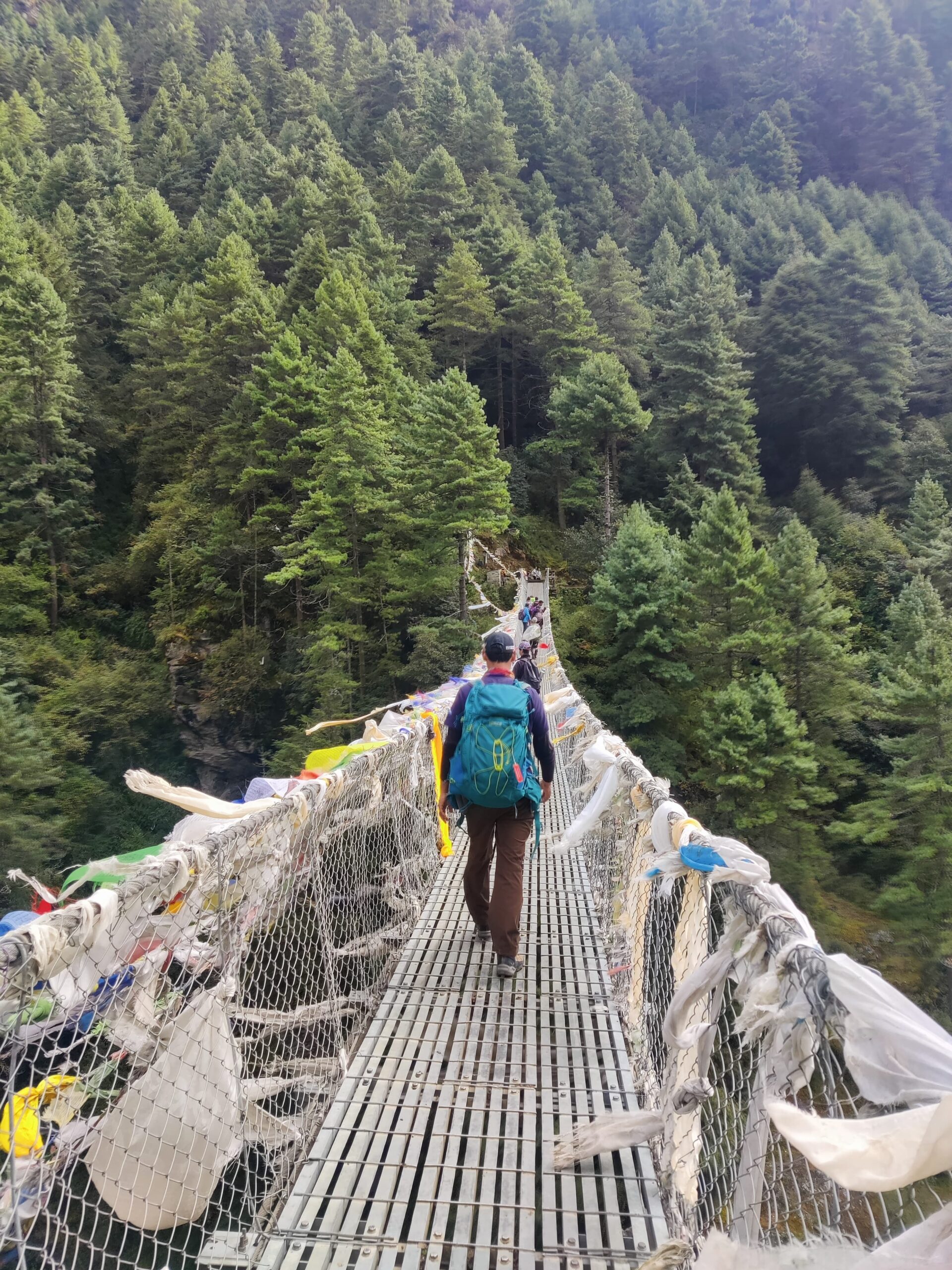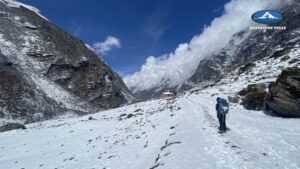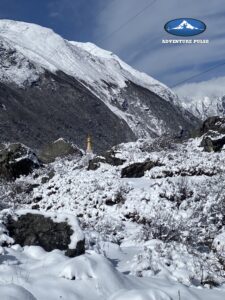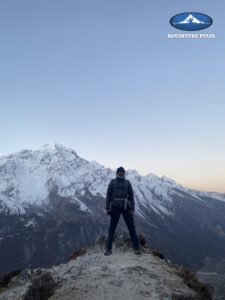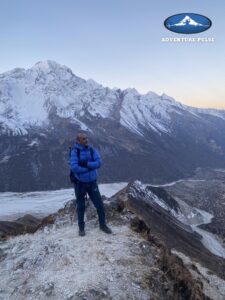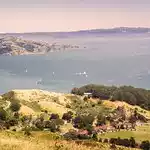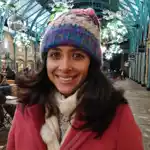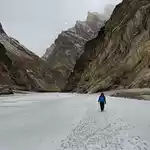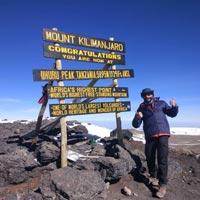Brief Itinerary
- Day 1 - Arrival in Kathmandu
- Day 2 - Drive from Kathmandu to Syabrubesi Kathmandu (1,300m /4,265 ft) Syafru Besi: (1,450m/ 4,757 ft)
- Day 3 - Trek from Syabrubesi to Lama Hotel Syafru Besi: (1,450m/ 4,757 ft) Bamboo: (2,200m/ 7,217 ft) Lama Hotel: (2,480m/ 8,136 ft)
- Day 4 - Trek from Lama Hotel to Langtang village Lama Hotel: (2,480m/ 8,136 ft) Langtang Village: (3,430m/ 11,253 ft)
- Day 5 - Trek from Langtang village to Kyanjin Gomba Langtang Village: (3,430m/ 11,253 ft) Kyan Jin Gompa: (3,870m/ 12,696 ft)
- Day 6 - Exploration Day at Kyanjin Gomba Kyan Jin Gompa: (3,870m/ 12,696 ft)
- Day 7 - Trek from Kyanjin Goma to Lama Hotel Kyan Jin Gompa: (3,870m/ 12,696 ft) Langtang Valley: (3,430m/ 11,253 ft) Lama Hotel: (2,480m/ 8,136 ft)
- Day 8 - Trek from Lama Hotel to Syabrubesi Lama Hotel: (2,480m/ 8,136 ft) Syafru Besi: (1,450m/ 4,757 ft)
- Day 9 - Drive back to Kathmandu Syafru Besi: (1,450m/ 4,757 ft) Kathmandu (1,300m /4,265 ft)
- Day 10 - Final Departure Kathmandu (1,300m /4,265 ft)
Inclusions & Exclusions
Trip Cost Includes:
- Group airport pickups and drops.
- 2 night’s standard hotel accommodation in Kathmandu on a twin sharing basis on Bed and breadfast plan.
- Suitable transportation from Kathmandu- Syabrubeshi – Kathmandu (both ways).
- Full board tea house trekking cost with breakfast, lunch & dinner. Based on one order - one meal concept for all trekking days.
- 3 hot beverages included - Tea, coffee, milk, hot water etc.
- Professional government license holder English speaking trekking guide and his salary.
- Back offloading for the duffle bags.
- Coverage of Guides and Porters, their meals, insurance, transportation, flight, etc.
- Langtang National Entry Park Permit
- TIMS Permit
- A basic medical kit.
- All government and local taxes.
Trip Cost DOES NOT Include:
- International airfare to/ from Nepal.
- Nepal Entry Visa Fees for multiple Entries on arrival at Tribhuwan International Airport.
- Lunch and dinner or any bottled beverages etc. in Kathmandu.
- Insurance covers, medical, emergency evacuation, loss, etc.
- Personal expense (shopping, snacks, boil bottle water, hot and cold drinks, hot shower, Alcohol, Wi-Fi, telephone call, battery re-charge fee), extra porters, etc.
- Extra night accommodation in Kathmandu because of early arrival, late departure, and early return from the mountain (due to any reason) than the scheduled itinerary.
- Additional costs or delays caused by out of management control, for example, landslide, weather condition, itinerary modification due to safety concerns, illness, change of government policies, strikes, etc.
- Tips and gratitude provided to staff.
- Accommodation upgrades to single occupancy.
Things to carry
Download as PDFExtreme temperature variations, high altitude, snow glare & proximity to sun are certain factors which necessitate the need to for proper mountaineering and trekking equipment. In order to enjoy your experience in the mountains, we have recommended that you carry the following with you.
Apparel
- Thermal Inners - At least 1 pair of Top and Leggings
- 6-8 t-shirts or long-sleeve shirt (cotton / dryfit)
- 2-3 pairs of trekking pants (no denim!)
- 1 Sweater/Sweatshirt
- 1 Fleece Jacket
- 1 Down Jacket
- 1 Waterproof Layer like raincoat or wind-cheater
- 1 pair of hiking boots
- 1 pair of comfortable sandals/floaters/sneakers
- 6-8 pairs of cotton socks (for day)
- 2 pairs of thick/woollen socks (for night)
- Gloves - liner and outer
- Sun hat
- Woollen cap
- Buff
Accessories
- Duffel bag / Rucksack (60L+)
- Daypack / Backpack (20-30L capacity)
- Sleeping bag (can be bought or rented in Kathmandu)
- 2x 1L Bottles (to carry drinking water)
- Lunchbox
- Torch + Batteries / Headlamp
- Knee/Ankle/Wrist Guards
- Trekking Poles
- Sunblock
- Sunglasses
- Moisturiser
- Hand Sanitiser
- Personal Medical Kit
- Personal Toiletries Kit
- Snacks!
Fitness
Download as PDF- There are three main aspects of training to focus on – strength training, cardiovascular training, and trekking + trekking alternatives.
- Strength training involves training different muscle groups, so that they can become stronger. There are different exercises for each muscle group, and working them all out 2x-3x a week should be enough to help you get comfortable trekking.
- Legs / lower body - exercises like squats, glute bridges, step ups and leg presses with help you develop stronger muscles in the lower body.
Core - Exercises like planks, bicycle crunches and leg raises can help with core stability; Pilates is also a core-intensive type of workout that will help.
Upper body - Bodyweight exercises like push-ups, pull-ups and dips will help develop these muscles. You can also use resistance bands or light weights to develop them further.
- It’s vital to do plenty of cardio training before your trek, so that you can get the most out of your experience
- Running - This is the most recommended form of cardio activity, as it activates a lot of the same muscles as trekking. Being able to run 10km in 60 minutes will allow you to get the most out of your trek.
Cycling / Swimming - If you have knee issues, or don’t enjoy running, you can also opt for cycling and swimming. Being able to cycling 30-50km or swim for 30-40 minutes, thrice a week, should be good to help you with treks like EBC.
HIIT training / Crossfit - Another option to level up your cardio training is to opt for high intensity aerobic exercises like HIIT or Crossfit, 2-3 times a week
The aim is to get your heart rate up, so you do not get winded on long days of trekking
- Hiking
Try to get outdoors and go for a hike on the weekends! Uphill trails of 4-8 kilometres are will help you get used to trekking. Make it a point to carry a loaded backpack, and walk in your trekking shoes.
- Hiking Alternatives
Climbing stairs, and using the treadmill or stairmaster on an incline, will help prepare you for treks. Make it a point to carry a loaded backpack so that you can get used to the extra weight; and use your trekking boots, so that you can break them in and walk comfortably.
- If you’re confused with all this information, no need to worry! The most important thing with training is consistency, and staying injury-free. Your training week should ideally have
Strength training - 3 sessions
Cardio training - 3 sessions
Hiking - 1 long session, best on the weekends
Rest and stretching - at least 1 day
FAQs
Langtang Valley Trek
What kind of physical shape do I need to be in to do the Langtang valley Trek ?
This trek into the Langtang region is strenuous but does not require any previous trekking, mountaineering or technical climbing experience; only that you be in good physical conditioning. The trek requires you to be able to hike for 5 to 6hours over hilly terrain with a light day pack for 8 days. Good cardio-vascular conditioning and exercises for muscles that are used to hiking will make your trip much more enjoyable.
What are the entry and exit points of the trek ?
Your itinerary starts from Kathmandu, the capital city of Nepal. We receive you at the Kathmandu International Airport and transfer you to your hotel located in Thamel, the tourist district of the city. You spend this day in the city and the next morning we drive to a place called Sybrubesi from where we start trekking. This is a 7 to 8 hours drive.
On the way back we have a similar journey back as well.
What are the stay arrangements like ?
Accommodation in Kathmandu on arrival and post the trek will be in a standard 3-star hotel in Thamel district, on double sharing basis.
Our base package contains all accommodation of twin sharing basis, however, on request we can arrange for upgrades to single occupancy in Kathmandu and also to 4 star or 5 star hotels in Kathmandu at an additional charge.
Accommodation during the trek will be arranged in mountain lodges/tea houses. These tea houses are standard lodged with rooms containing a bed, mattresses, warm blanket and a pillow. The base package we provide has rooms on twin sharing, with common bathrooms.
Do I need any climbing equipment for this trek ?
No, as the trek does not involve any technical climbs, no special climbing equipment is required. A rucksack (60-70 lts), good pair of trekking shoes, a warm jacket and a pair of thermals are good enough. Also, we will be sending you a comprehensive mail on the list of Items to be carried which will help you pack rucksack better.
What is the max altitude I will be gaining on the trek ?
The highest altitude that you gain while on the trek is 4773 while we climb Kyanjin Ri during our exploration day at Kyamjin Gompa.
What are the kind of temperatures we will be dealing with ?
The temperature in Kathmandu shall be in a range of around 10 – 15 Degrees Celsius. Afternoons are usually hot and humid and evenings are towards the colder sides. The temperature during the first 2 to 3 days of the trek are pleasant during the day and can be expected to be around 08 - 12 degree Celsius.
As and how we proceed and gain attitude, the temperatures will fall by 2 to 3 degrees every day and go below sub-zero when we cross 4000 M, hence layering oneself well will be of utmost importance. Even though you may be trekking during peak season time, one can always expect drizzles in the mountains. Carrying a rain jacket or a poncho during the trek shall be mandatory.
What are the communictation systems on the trek ?
The communication systems on the trek are very well established. There are multiple options to be in touch with your friends and family while on the trek. You can activate international roaming on your phone or even buy a local sim card in Nepal. The sim card will cost anywhere between NR 600 - 700 depending on the plan you would like to purchases.
However, your sim-card will lose network you after Day 3. You can purchase wifi at the tea house. Different tea houses charge different amount for purchase of wifi usually ranging anywhere between 600 – 800 Nepali rupees for a 24 hour cycle.
What happens in case of a medical emergency ?
Our team carries a full-fledged medical kit that contains generic as well as high altitude medicines. We will be doing oxygen level checks everyday as well, and our team leaders will also be doing physical examination to ensure how the trekkers are feeling.
In case anyone shows any signs of high altitude sickness, medicines will be given by our leaders according to the symptoms shown.
Most tea houses also have access to emergency oxygen cylinders that be rented from the tea house if needed.
In case a person cannot continue further up ahead on the trek, if he/she is not physically fit or is unable to acclimatize etc. he/she will be advised by the leader on whether he can continue the trek or should go back with one of our guides. Owing to safety protocols, the trek leaders decision shall be final and binding.
Depending on the condition of the trekker, a helicopter evacuation or a horse – either could be used to go back, the cost of which will have to be borne by the trekker himself.
What kind of clothing will I need ?
Carrying good apparels and accessories plays a very vital role in ensuring a good experience while exploring the mountains. We have provided a detailed list on our website for all the clothes and accessories that will be mandatory to carry on the trek.
What are the food arrangements like ?
In the hotel, our base package covers bed and breakfast plan, so breakfast will be included which will be organized as a buffet. Lunch and dinner/anything ordered from the menu, will be on actuals.
While on the trek our base package covers 3 meals and 3 beverages daily. One order/item is considered as one meal/beverage. These meals can be decided by the individual basis his/her preference. The tea houses have a variety of options for meals ranging from bread with butter/Jam/honey, porridge, oats, pancakes, etc. to Daalbhat tarkari, spaghetti, fried rice, and even burgers and pizza etc. Beverages include hot water, tea, coffee, milk, ginger lemon water, etc.
Do I need to carry a sleeping bag ?
Temperature in the mountains can be very cold compared to what we experience in our cities. After 3000 M the nights are a lot colder, hence we do recommend you carry sleeping bags.
Despite the fact, that the tea houses provide good warm shelter in the harsh conditions and also one blanket to each trekkers, having a sleeping bag always comes in handy. You can opt to rent out sleeping bags in Kathmandu in case you don’t wish to purchase one. Our team in Kathmandu will be able to assist you for the rentals.
How do I acclimatize for the trek ?
Acclimatization basically means enabling your body to adapt to the altitude, heat, cold, air, etc. In the mountains, this becomes very important to ensure a comfortable trekking experience.
The basic 5 things to do in order to acclimatize well is –
- Keep your hydration levels high. One needs to consume minimum 4 litres of water on a daily basis.
- Keep your appetite going well. Loss of appetite is one of the first signs of being affected by AMS. Keeping a decent appetite from day 1 is important and it will also give your body the required nutrition.
- Sleep – It is of utmost importance that your body is well rested. Minimum 7-9 hours of sleep is recommended to rest, recover and recharge yourself for the next day.
- Protecting your eyes – Wearing sunglasses in the mountains is a must. The sun glares are much stronger in the high altitudes than our cities, and can often lead to headaches which can stay for very long.
- Walk and talk pace – your pace of walking should be such that you should be able to talk. Especially when gaining altitude, it is advisable to walk slower as you gain the height, which allows your body to adapt better.
What medicines should I carry ?
Our team usually carries a full fledge medical kit which include generic medicines ranging from headache, indigestion, allergies, anti-inflammatory, to high altitude medicines like Diamox etc. from oxy meters, thermometers, bandages, water purification drops
But apart from that in case there are specific medicines that work for you or your doctor has prescribed, you should carry those. The list of medicines you can carry has also been highlighted in the ‘Things to carry’ tab on our website.
Is a medical certificate needed for the trek ?
Yes. A medical certificate is compulsory for this trek.
It is important that you have yourself assessed by a qualified doctor before the trek. The physical examination conducted by the doctor will include a check of your blood pressure, pulse, recording your blood group, mentioning any previous injuries/accidents or allergies, etc. This assessment will be beneficial not only for the trekker but also the team in case if any medical situation arises.
The format of the certificate will be shared by our team to all the participants and needs to be submitted as per the deadlines mentioned by a representative from Adventure Pulse.
Will I have to carry my entire bag during the trek ?
No. As part of the premium services we provide at Adventure Pulse, backpack off-loading is also included. The main bag/duffle bag that you will need through your journey will be our teams responsibility and be carried from Syabrubesi onwards and be loaded either on jobgyors or carried by our porter staff, which has a weight limit of 12 Kgs. In case your bag weighs more than 12 Kg, extra porter charges will be applicable.
The only bag that you will be carrying with you, will be a small day bag which can be between a 20-30 L capacity bag, to accommodate your water bottle, snack, thin jacket, poncho etc.
In case you would like a personal assistant to carry your day bag as well, the same can be arranged and hired at an additional cost.
How will I get to my hotel in Kathmandu ?
We will be organizing group pickups in cars from the airport to the hotel. There will be around 4-6 people who will be picked together depending on their arrival timings. Since these are group pick ups there will be a certain amount of waiting time involved. However, if you wish to opt for a personal vehicle, the same can be arranged on additional charges.
How much extra money should I carry for the trek ?
The package covers your food, accommodation, on ground transport etc. but you will need money for either personal expenses like – shopping, purchase of hot shower facilities, wifi, food in café’s, patisseries, tips to the guides etc.
For Kathmandu you can budget around 3000 to 3500 Nepali rupees per day & for your trek you can budget around 2000 to 2500 Nepali Rupees per day for any extras and additional expenses.
Will my debit/credit cards work in Nepal ?
Your credit/debit cards will work in Nepal if they are activated internationally. Even UPI payments option through Google pay, Paytm, etc. are available provided you have a working sim associated with that bank account. However, in the mountains there will be no access to ATM’s except at Namche Bazaar. The only way to make expenses in the mountains is by paying in cash, strictly in Nepali currency only. It is safer to keep cash handy with you.
How can I convert my currency ?
In case you would like to convert your currency to Nepali, there are multiple forex shops in Thamel itself who can do that.
In case you’d like our team to help you with the conversion, you can inform our representative accordingly, at least 2 days in advance, and the amount you would like to convert, so that necessary arrangements can be made.
Featured Blog Posts
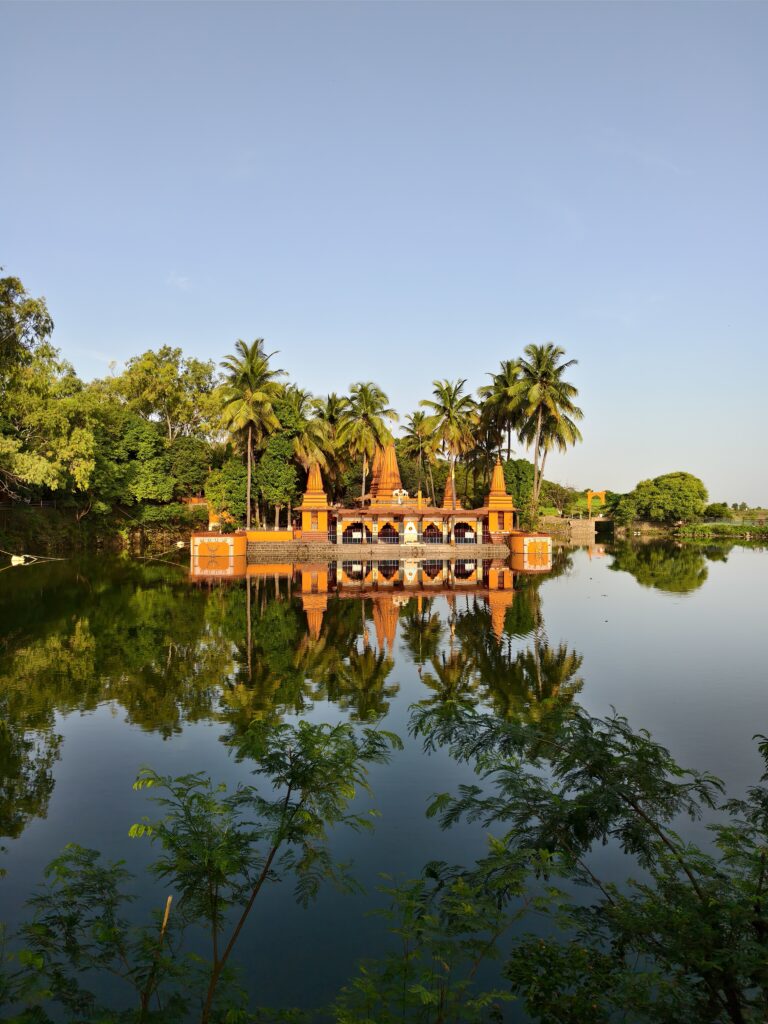 18 Amazing photos of Ramdara Temple Trek in Pune 2026 - Overview Pune city has begun to experience a lot of crowd and traffic in the last few years. With the…
18 Amazing photos of Ramdara Temple Trek in Pune 2026 - Overview Pune city has begun to experience a lot of crowd and traffic in the last few years. With the… 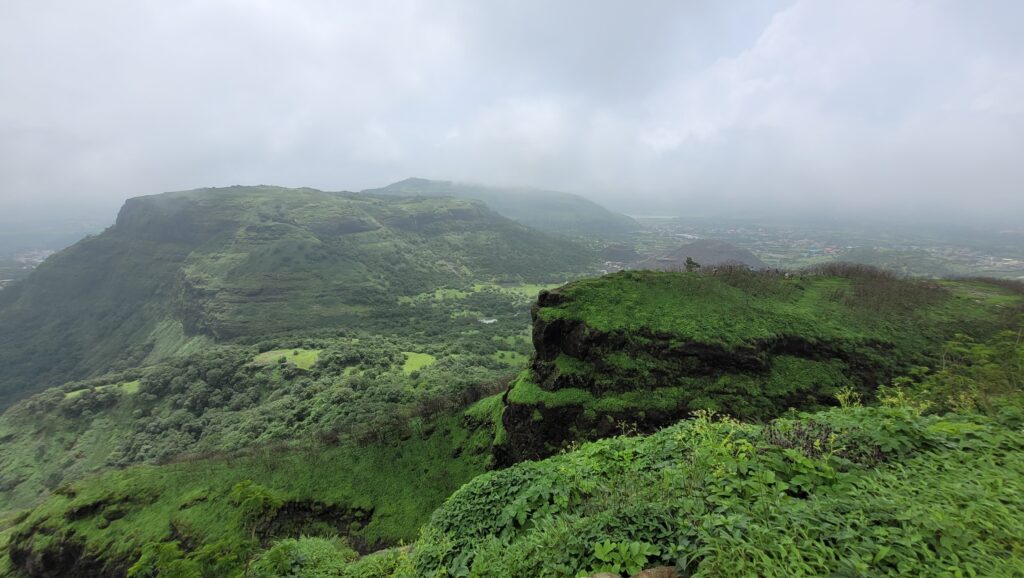 25 Amazing photos of Dukes Nose Trek, via Khandala, 2026 - Dukes Nose Trek via Khandala Route - Overview: Duke’s Nose, one of the most iconic cliffs in the Sahyadri range,…
25 Amazing photos of Dukes Nose Trek, via Khandala, 2026 - Dukes Nose Trek via Khandala Route - Overview: Duke’s Nose, one of the most iconic cliffs in the Sahyadri range,… 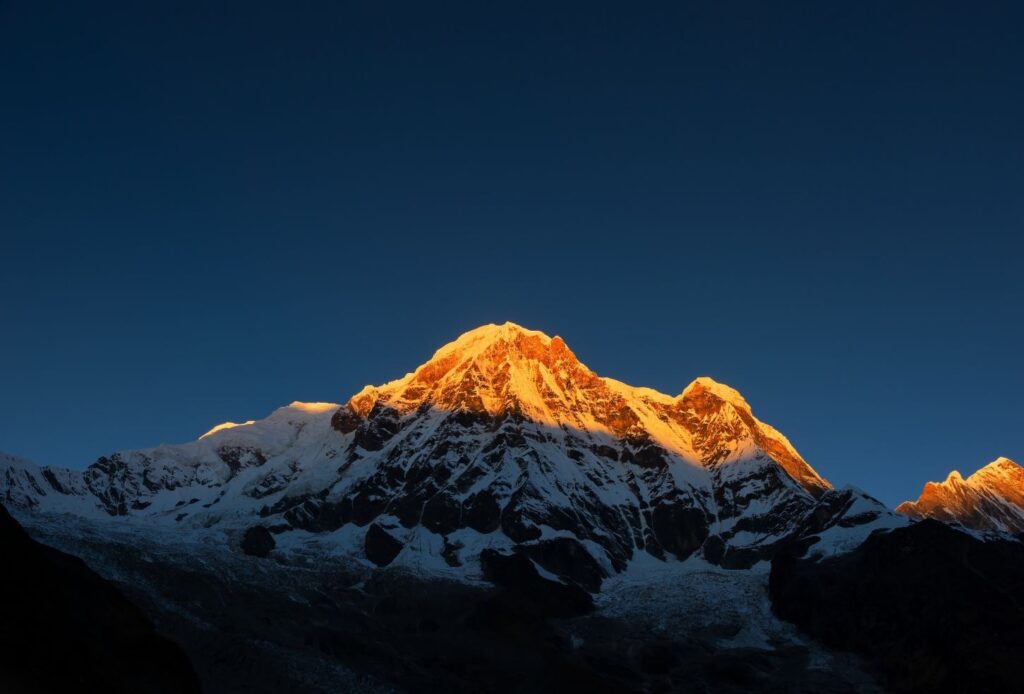 18 Amazing photos of Annapurna Base Camp Trek, Nepal – 2026 - Overview Annapurna Base Camp Trek (ABC camp) is one of the most celebrated treks in Nepal—and for all the right…
18 Amazing photos of Annapurna Base Camp Trek, Nepal – 2026 - Overview Annapurna Base Camp Trek (ABC camp) is one of the most celebrated treks in Nepal—and for all the right… 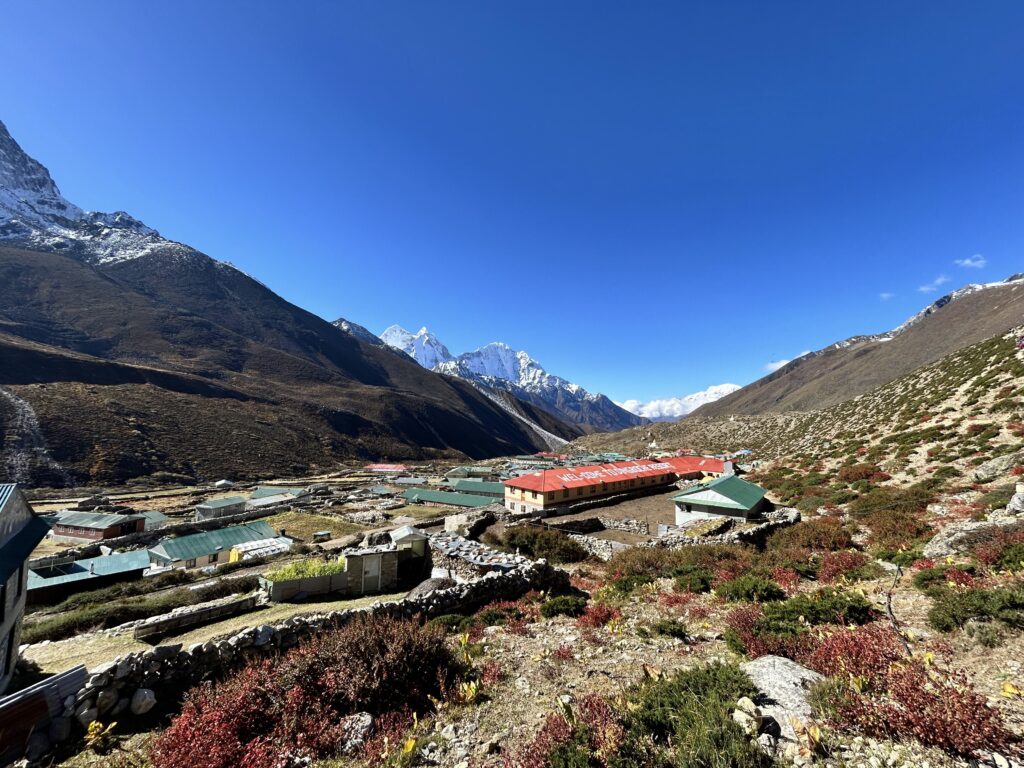 Cafe 4410 – Dingbuche, Everest Base Camp Trek – 2026 - Cafe 4410 - Dingbuche My dad, sister and I decided to trek together to the Everest Base Camp in October…
Cafe 4410 – Dingbuche, Everest Base Camp Trek – 2026 - Cafe 4410 - Dingbuche My dad, sister and I decided to trek together to the Everest Base Camp in October…
